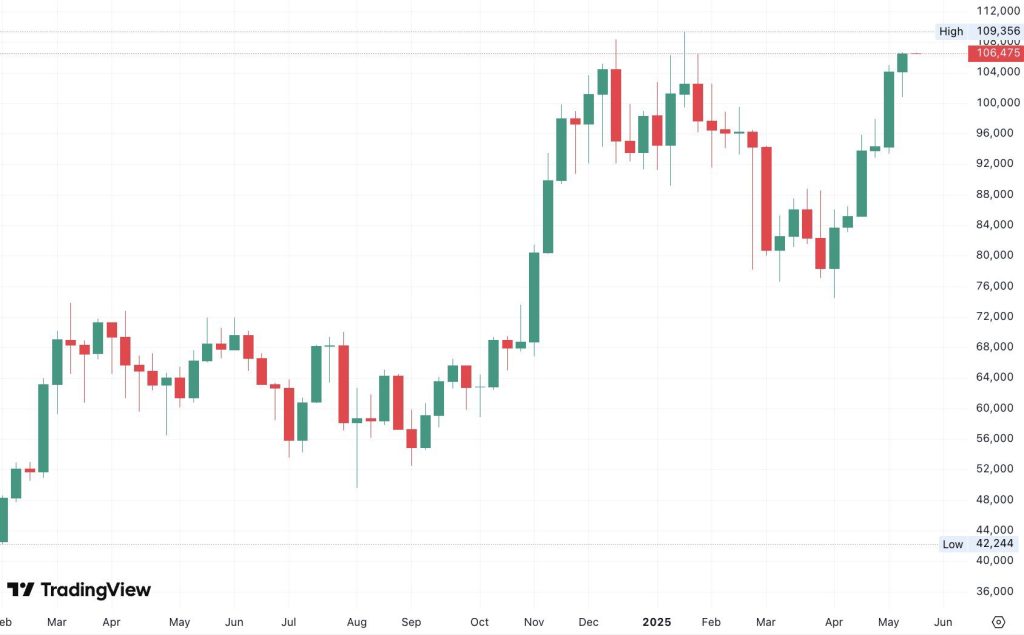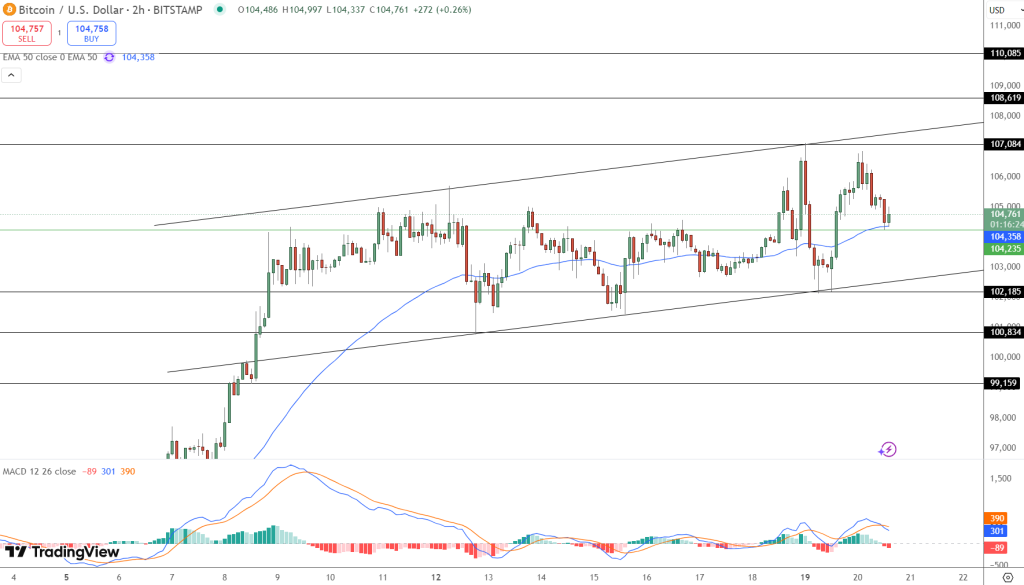U.S.-based cryptocurrency exchanges, such as Coinbase Global Inc. and Kraken, would have to disclose detailed information on their clients’ transactions to the IRS starting in 2026 under a new Treasury proposal.
The proposed regulations from the Treasury Department and Internal Revenue Service offer clarity on reporting rules enacted in 2021 to curb crypto-related tax evasion by offering more transparency into customer trades. At the time, it was estimated the measure would raise up to $28 billion in additional revenue over 10 years, according to the Joint Committee on Taxation.
The IRS has pointed to unpaid digital asset taxes as a contributor to the tax gap — the difference between taxes owed and collected, which totals more than $500 billion per year. These proposed rules will help the IRS crack down on tax cheats and make it easier for taxpayers to know how much they owe, a Treasury official said in a background call Thursday.
Under the rules, platforms that facilitate the buying and selling of digital assets, also known as crypto brokers, would have to track and report key information, such as customers’ capital gains and losses — similar to existing requirements for stock and bond brokers. Crypto firms were supposed to begin recording that data at the start of this year, and file reports to the IRS and investors next year. But the government in December delayed those requirements until it releases final rules.
Brokers will be required to report gross proceeds for sales of digital assets on or after Jan.1, 2025. Adjusted basis reporting will be required for sales on or after Jan. 1, 2026. These requirements will apply to both centralized and decentralized exchanges. The separate dates gives brokers more time to adjust to the new rules, a Treasury official said.
The IRS also will create Form 1099-DA for brokers to send to taxpayers to determine what they owe.
The IRS last year replaced “virtual currency” with “digital assets” on its 1040 income tax forms as a precursor to issuing regulatory guidance. Previously, it wasn’t clear whether nonfungible tokens or NFTs were considered virtual currency. The forms clarified that digital assets include NFTs and virtual currencies.
The proposal marks the latest attempt by the US government to rein in the digital-asset market — efforts that have ramped up since the collapse of crypto exchange FTX and other high-profile crypto firms last year, which in turn caused cryptocurrency prices to drop.
The proposed rules make clear that companies that validate cryptocurrency transactions through mining or staking aren’t subject to the reporting requirements, a position the Treasury signaled it would take last year and one that lawmakers on both sides of the aisle support.
Comments are due by Oct. 30.
Credit: Source link











